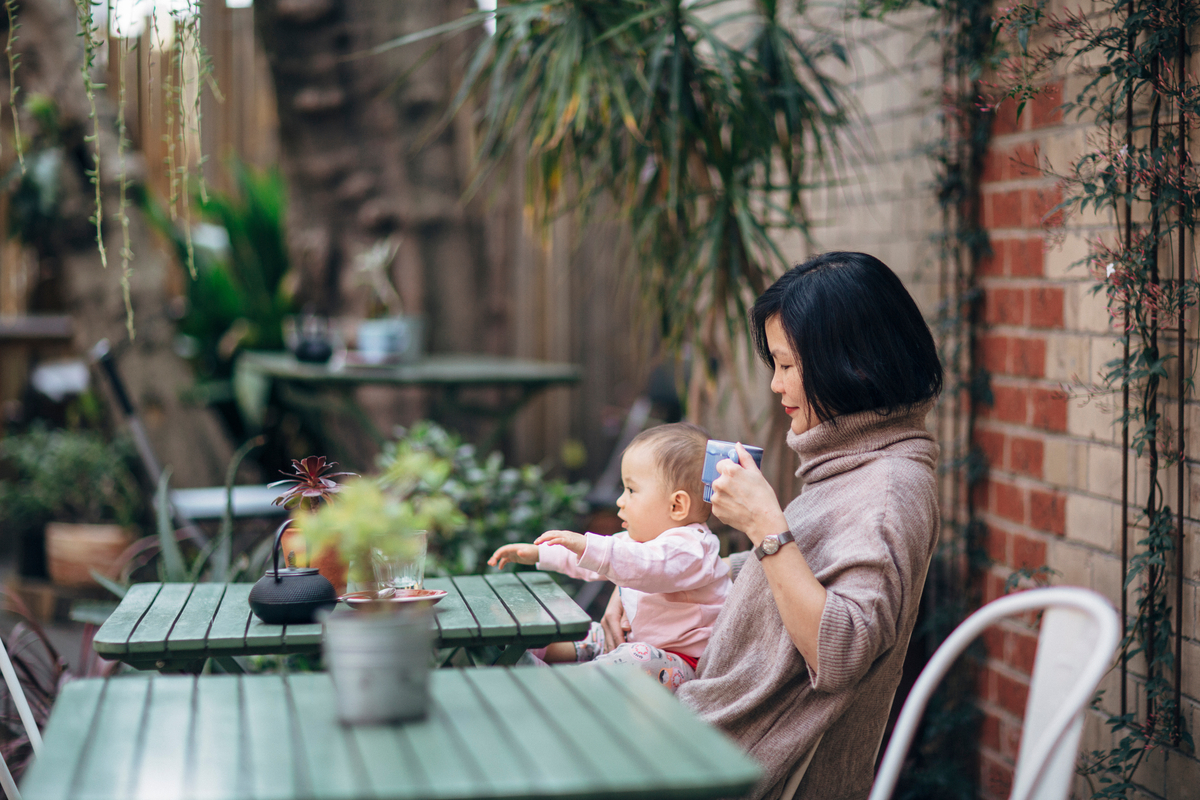Is cutting back on smashed avo and almond lattes the only way to save a few extra dollars? With the cost of living causing a pinch for many of us, here are a few simple (and hopefully pain free) tips to help save money in 2024. Bonus: many of them are planet-friendly options, too.
Be kind to yourself
First, before making any changes, recognise that small steps are meaningful, and that not everyone can do all of these. Every bit counts – and sometimes you’re already doing the best you can.
Use a piggy bank
Yes, they are not just for kids. Stashing all those spare coins that are so easily discarded in consoles and drawers can really add up.

Spring clean your subscriptions
Australians subscribe to an average of 3.4 media platforms at any one time. So it’s always a good time to ask: Do you still need that sports TV subscription during the footy off-season? Are you really attending your weekly online yoga class? Pausing, cancelling or just taking stock of subscriptions can be a big money saver.
Write a shopping list, check it twice
Major supermarket chains are literally designed to make sure you walk out the door with more than you came in for. The best way to avoid impulse buying that half-price choccie bar is to write a list – and stick with it. To make this more achievable, there are heaps of great apps now available to ensure you don’t misplace that scrap of paper.
Budget your takeaway, rather than cancelling it
Speaking of home delivery, rather than rule out takeaway all together (something that, let’s be honest, can be quite unrealistic in the hustle bustle of life) choose one day a week where you can “eat out” or “order in” and allocate it into your budget in advance.

Plan your dinners
Meal planning is often something we intend to do, but can be hard to stick with. Rather than setting yourself up to fail, try to plan a handful of your midweek dinners ahead of time. Even just a small amount of organisation will make reaching for the “home delivery” app less likely and can help save up to $40 a week.
Opt out of emails
You bought a pair of runners online a year ago and still get weekly emails telling you about their latest drops? While it is fun to stay up-to-date with the latest makeup/fashion//gardening brands, these marketing emails are designed with one express purpose: to make you buy more stuff. So, remove the temptation by opting out.
Get creative with gift-giving
There is something to be said for a homemade or thrifted gift, so get creative with your birthday and festive presents. Whiz in the kitchen? Bake a cake. Greenthumb? Gift some veggies from your garden. Or head to your local thrift store and see if you can dig up a second-hand gem. Who knows what you might find?

Ditch the car
Rideshare apps have become so commonplace and accessible, that most of us don’t think twice before ordering a lift to the footy or a quick trip home from Friday night work drinks. These kinds of costs stack up fast, but can be easily curbed by re-acquainting yourself with public transport. Even swapping out just one or two car trips a month for a train, bus or bike ride can help the hip pocket (plus, it’s better for your health)!
Level-up your leftovers
Reheating last night’s dinner doesn't have to be a smelly and uninspiring mess. Leftovers are having a moment in the sun – with top chefs even embracing the importance of reimagining our meals to stop food waste. And with households throwing out approximately $2600 of food each year, there is a lot of easy money to be saved here.
Flick that switch
One of the simplest ways to cut down those rising power bills is to flick a switch. When in “standby mode” (i.e. not being actively used) household appliances can account for 10 percent of your electricity use. When not in use, simply turning off a few items (such as so-called “energy vampires” like printers and wireless routers) at the wall can help cut costs.

Throw a potluck party
Everything that is old is new again, so rather than spending money on a parma and a pot for trivia night every week, embrace the great 70s tradition of potluck dinners instead. Gathering friends or family together to share food is not only a great social connection but can be a really practical way to have a night out without blowing the budget.
Shop vintage
Shopping vintage is no longer just a fashion statement. With 2700 charity and reuse shops across Australia, we are spoiled for choice when it comes to buying used goods. Some items other than clothes that are especially great value in the op-shop market include toys, books, kitchenware and bedding.



.png)




